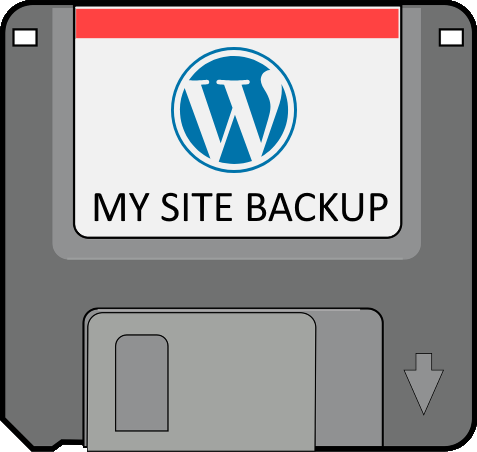
Web hosts often provide a backup service. They’re typically automatic and managed by your host – which makes them an attractive option – but can you trust it?
Let’s explore some of the reasons why you shouldn’t trust your web host backups.
1. Additional fees
More often than not a web host will charge additional fees associated with the backup service.
Whether it be requiring you to be on a “premium” plan, it being a “add on” or charging to access and restore backups. And if they don’t – chances are they’re a “premium” host, with the added cost already factored in.
At the end of the day – it’s a service provided to you and you will pay for it.
2. Can’t control frequency
When designing a disaster plan – the frequency of backups is one of the first questions to ask.
How often backups are made depends on the website itself – how often is content updated, is it business critical etc.
But backup services provided by web hosts are typically daily – so if you have an online store you could loose up to a days worth of sales data if disaster struck.
3. Can’t do once off backups
Have you ever installed new plugins or updated WordPress, plugins or themes?
The first thing you should do is backup! – This serves as a way to undo the changes if something go wrong.
But chances are your web host doesn’t support backups on demand.
Being able to backup before installing updates is important and shouldn’t be ignored.
4. Backup coverage
Having someone else manage your backups is convenient – but also very risky.
You put faith in them to backup all the necessary files – when changes are they know very little about your website, where important files are, which databases it uses.
Perhaps your website stores images in a different directory or uses a separate database for sales or CRM data – will your host back these up as well?
5. Access to backups
Constant 24/7 access to backups should be part of any disaster plan.
However web host backups are not always accessible. Often the host will treat the service as “managed backups” – meaning you need to go to them to access the backup and have restorations done.
6. Partial restores
What if you installed a plugin update which corrupted part of your database – the website continues working as normal until you release only part of it is corrupted.
Will your host be able to do a partial restore – or is it a all or nothing restore?
Many websites are constantly changing so the ability to merge a backup into a live website is important.
7. Independent “off site” backups
Having your backups with your website is like putting all your eggs into one basket.
Web hosts can get hacked, have hardware failures, loose Internet connectivity and even go out of business!
A good backup will be stored and accessible independently from the host.
8. Not tested
There’s little point in having a backup if it’s not tested periodically.
But when it’s managed by your host you never see the backup logs to confirm the backup ran successful or have the ability to test the restore process.
Ideally, backups should be periodically tested by restoring to a separate local development site. This ensures the backup is complete and confirms the process to do a restoration.
So how should you handle backups?
If your web host does backups, that’s fine – but consider it your “plan b”.
Your “plan a” should:
- be configured to run and be retained as required by your website
- support on demand backups
- be off-site – e.g. to a Google Drive
I use UpdraftPlus to manage my updates, backing up to cloud storage.